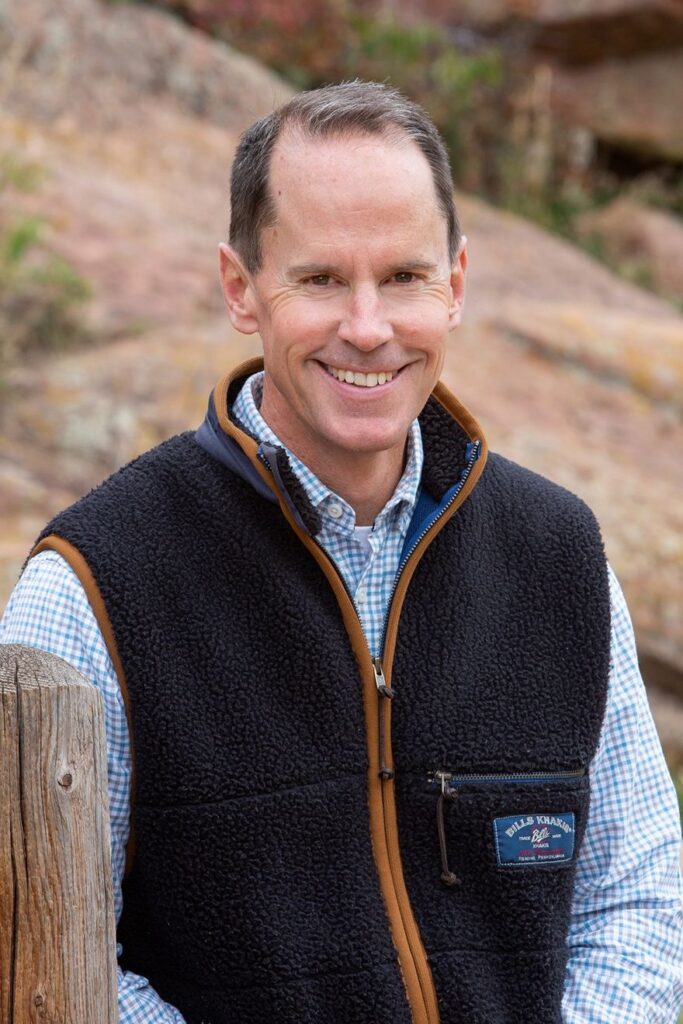Mosle and Bicha: 2Gen approach about increasing quality of social service systems
Ask any group of parents – rich or poor – what they want for their children and the answers you’ll get are amazingly consistent. They want good-paying jobs to support their families, high quality child care and great schools.
We asked ourselves: Shouldn’t we design social service systems that address that universal list of hopes and dreams in a comprehensive way?
That realization has been the foundation for the 2Gen approach to delivering services to kids and parents – a method of addressing the needs of two generations at the same time to solve deep-seated problems and give families the tools they need to succeed.
Colorado is the leader nationally in seeing social services through a 2Gen lens. To be clear, it’s not a new program with a big price tag, but rather a tweaking of services and a new alignment of them to help families succeed in a 21st century economy.
The Colorado Department of Human Services (CDHS) and Ascend at the Aspen Institute have worked together for five years, not only fine-tuning methods and practice, but in creating templates that other states can use to redesign their service delivery. So far, a half dozen other states are on board.
This week, the partners are rolling out a Colorado case study and other materials intended to offer resources to more states that are interested in retooling their service delivery.
CDHS has adopted a 2Gen approach on a number of service delivery platforms. In child support enforcement, for example, the 2Gen philosophy is the underpinning for some significant changes in how the Department does business.
Traditionally, child support enforcement has been geared toward forcing non-custodial parents – with the threat of jail – to make payments to support their children. The goal of getting financial support to children has not changed. What has changed is the way the department attempts to solve the non-payment problem.
For many parents not making payments, the underlying issue is unemployment and oftentimes the lack of skills necessary to get a job that would enable them to make payments. The 2Gen approach is designed to help parents get the skills that are a prerequisite for a decent job. Coupled with parenting classes and coaching, the early results of this approach show great promise.
Parents are getting jobs. Kids are getting the financial support they need. And the act of providing support creates another very important connection between non-custodial parents and children. And we’re seeing that these families are needing less public assistance overall.
That’s the beauty of the 2Gen approach. It coordinates the services that government largely already provides to help families overcome barriers and break the cycle of multi-generational poverty.
In “State Human Services Model – Colorado as a Case Study for Policymakers,” Ascend has offered an array of practical tools and resources that can be customized by other states and service delivery agencies so they may develop their own 2Gen approaches.
It includes Colorado experiences, insights and lessons learned. And it touches upon early care and education, postsecondary and employment pathways, economic assets and the importance of social capital.
It is our hope that others around the nation will question the structure of their social service delivery, and ask themselves if there’s a better way to achieve the outcomes that all parents want for their children.
We believe the answer is often a resounding “yes,” and we would encourage others to consider the 2Gen approach to social services and help families help themselves out of poverty.













